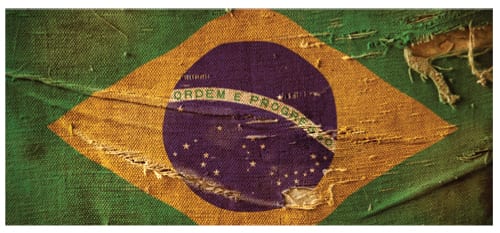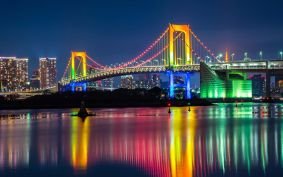by Juan Pablo Cuevas, Treasury Sales Executive – Latin America, Global Treasury Solutions, Bank of America Merrill Lynch and Fiona Deroo, International Subsidiary Banking Sales Executive – Americas, Global Treasury Solutions, Bank of America Merrill Lynch
Brazil has morphed into a powerful economic force, not only in Latin America but also for the new global economy. In recent years it has become fashionable for companies to look towards the BRIC nations (Brazil, Russia, India, and China) as vehicles for growth. As a result, Brazil has garnered its share of well-deserved attention. As the only BRIC country in the Western Hemisphere, Brazil has emerged as a favoured location for virtually any multinational company with long-term aspirations.
Of course challenges persist in establishing operations here. Yes, the intrepid first-movers are already well-positioned in Brazil and enjoy a head start. But for those businesses interested in capitalising on an exciting, longer-term growth story driven by powerful secular trends, there is still time. That time is now.
 A rich history of trade
A rich history of trade
To genuinely understand the Brazil opportunity requires some historical context. The Portuguese first colonised Brazil in the 15th century, leveraging its vast resources and using them as an engine of commerce. For hundreds of years Brazil has, in some form or another, figured prominently in global trade thanks to its valuable resources like sugar, coffee, diamonds and gold. Is it really any surprise that the country remains a commodities powerhouse and has re-emerged as a coveted trading partner?
Brazil has always been connected to Portugal, and for a time the Portuguese royal family even lived in and legislated from Brazil. The entrepreneurial and exploring spirit established by Portugal is firmly embedded in modern day Brazilian culture. Portuguese remains the official language of Brazil, and that by itself underscores how the country is very different from its Latin American neighbours.
Sign up for free to read the full article
Register Login with LinkedInAlready have an account?
Login
Download our Free Treasury App for mobile and tablet to read articles – no log in required.
Download Version Download Version




























